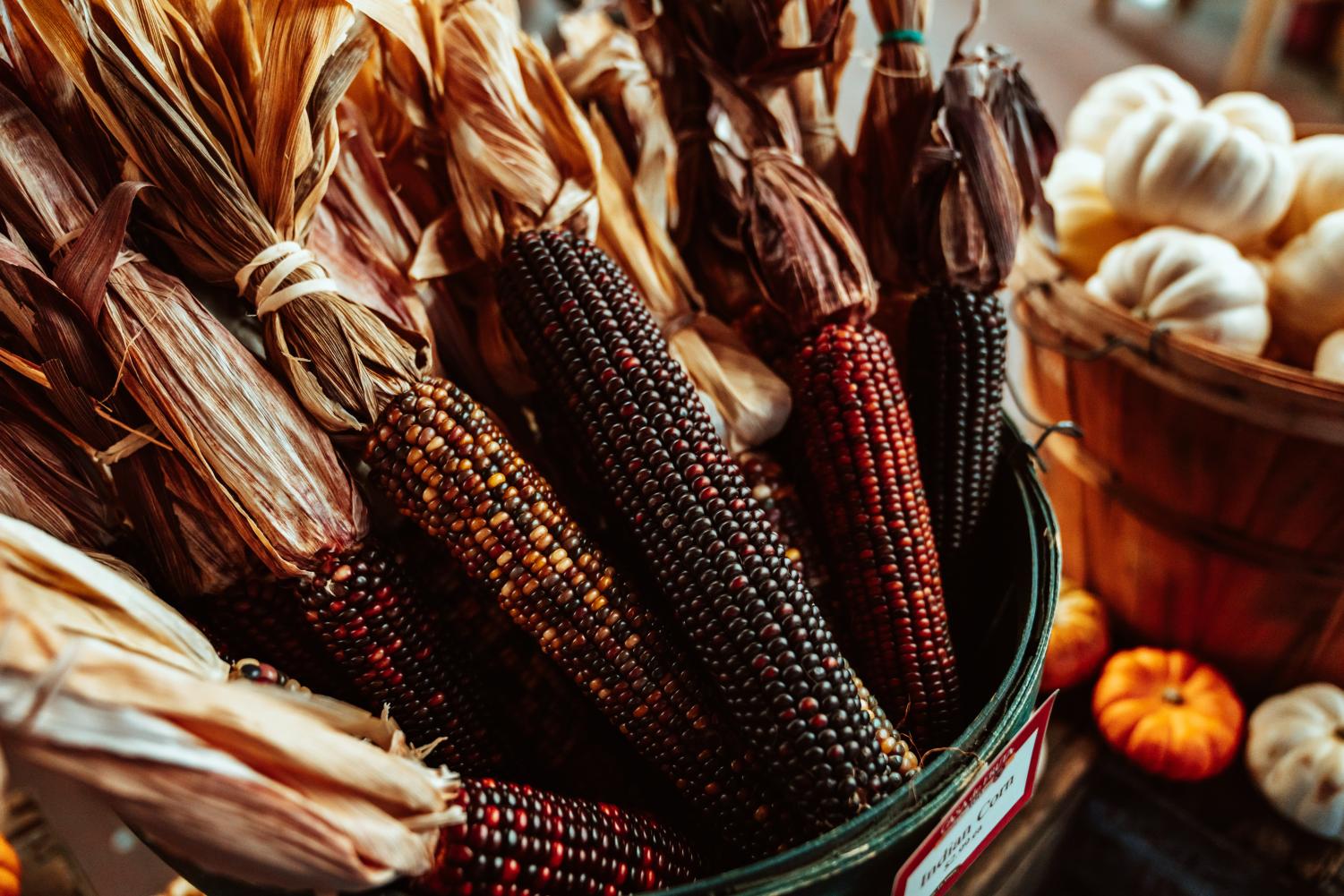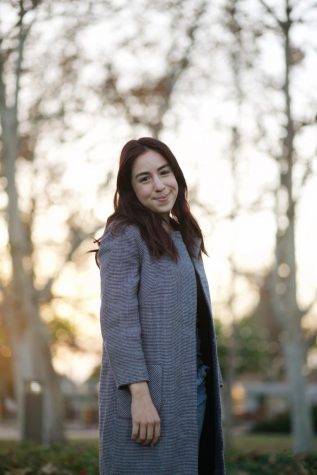As students make their way home or stay on campus for Thanksgiving, the origins of the holiday come into sharp focus online. Conversation — which TikTok commentaries and Instagram informational posts often spark — makes its way through friend groups and social media. How is Gen Z supposed to celebrate Thanksgiving given the ethical dilemmas of its origin? Does Thanksgiving really bring families together, or is it altogether an outdated celebration that perpetuates a false narrative about the relationship between Native Americans and early settlers?
BIOLA’S RESPONSE
Leadership from Biola University has yet to formally address the origins of Thanksgiving and how students ought to navigate conversations about it. However, Biola’s Student Life Blog spoke to the issue in their most recent post honoring November as Native American Heritage Month.
The authors called out the complexities of celebrating Thanksgiving, due to largely one-sided narrative about its origins, writing, “[The Thanksgiving] story shifts the focus away from the many years of oppression and genocide that came from the arrival of settlers in North America. For this reason, many Native Americans consider the holiday to be a day of mourning and protest.”
The Student Life Blog rightly directs students to a discussion of how distorted our perspective of the first Thanksgiving — and more importantly, the implications of how it affects American perspectives on colonialism — has become. Most students learned a garishly inaccurate version of the relationship between early colonial settlers and natives during childhood. Beginning in elementary school, teachers introduce children to Thanksgiving with historical fiction of a pleasant dinner, plays that show a harmonious relationship between colonists and Native Americans and hand-crafted puppets that kids can take home.
Given that the problematic narrative of how early settlers and Native Americans related began in many people’s childhood, contemplating how we celebrate the holiday as adults is crucial. As we enter into this yearly celebration, understanding how to talk about the holiday with family, friends and peers is a part of that contemplation. How are students supposed to navigate these conversations?
DISCUSSING THE NARRATIVE WE GREW UP WITH
One part of this conversation is discussing the narrative students first learned in school, which is where, for many, their first impressions of the relationship between native tribes and settlers began. Confronting the narrative for historical accuracy is important, because then students can identify their own biases and errors.
Because our public and private educations leave students on a sliding scale of knowledge about native culture, we need to respect history by not being vague in our conversations. Using the proper names, terminology and getting facts right about the narrative of Thanksgiving is a basic but essential part of discussing the past. For any students who want to brush up on the origins of Thanksgiving, here is an excellent article published by the Smithsonian Magazine from the perspective of a historian on the holiday.
A HOLIDAY THAT MOVED AWAY FROM ITS ORIGINS
For many Americans, Thanksgiving in adulthood tends to move away from the historical narrative. Instead, it allows people to set aside one day to focus on themes of family, love and gratitude. Last year, 74% of Americans chose to celebrate Thanksgiving with their families over anyone else. In the same study, when asked what Thanksgiving meant to participants personally, 67% said it was a time to be thankful, 63% said it meant spending time with family and 42% thought of the holiday as a time to have a good meal.
With all its flaws, Thanksgiving is one of two holidays that consistently brings families together who otherwise might only visit one another for Christmas celebrations. Given how important the trends of seeing family is in the data, a lot of families would be worse off for not having that time of connection.
CELEBRATE THE PRESENT, NOT A “FALSE PAST”
A Time article by Sean Sherman, a chef and member of the Ogala Lakota Sioux tribe, encourages those who wish to celebrate Thanksgiving to celebrate the present and not a “false past.” Sherman acknowledges that while many indigenous people he knows choose not to celebrate the holiday, redirecting our focus while celebrating the present is what allows us to be present and thankful together. He reminds readers that the false narrative of “pilgrims and indians” is not what we need to find unity.
“We do not need that illusion of past unity to actually unite people today,” Sherman said. “Instead, we can focus simply on values that apply to everybody: togetherness, generosity and gratitude.”
Sherman concluded the article by saying, “No matter where you are in North America, you are on indigenous land. And so on this holiday, and any day really, I urge people to explore a deeper connection to what are called ‘American’ foods by understanding true Native-American histories, and begin using what grows naturally around us, and to support Native-American growers. There is no need to make Thanksgiving about a false past. It is so much better when it celebrates the beauty of the present.”












